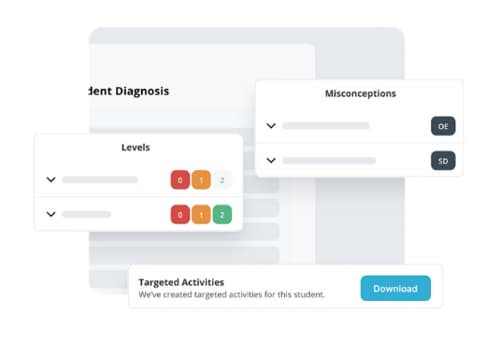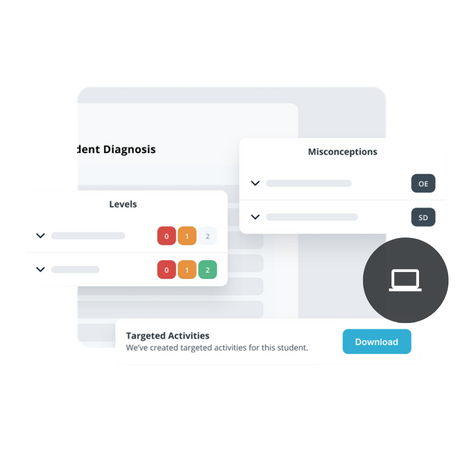Concerns about the mathematics achievements of Australia’s school aged students were validated by the 2019 OECD report that noted the average performance in the Programme for International Student Assessment (PISA) in Australia has been steadily declining in mathematics between 2003 and 2018. More recently, concerns have been heightened due to several factors, one being the COVID-19 pandemic, the resulting lockdowns and remote learning. In May this year, an article published by the Australian Council for Education Research (ACER) highlighted another area for concern, reporting that nearly one in four Australian year 8 students are taught mathematics by teachers who do not have formal training in mathematics education and therefore are not equipped with the required pedagogical content knowledge it delivers.
Many of the out-of-field professionals teaching mathematics bring teaching expertise from other subject areas. While often these teachers have some mathematical skills, or were proficient mathematics students at school, it can't be assumed they have a ready-to-use ‘toolkit’ to foster the development of conceptual understanding. Techniques like staying ‘one page ahead’ in the textbook, using video tutorials, and providing routine approaches to mathematics disable students’ ability to problem solve and make connections between concepts. What support do these teachers – dedicated but often time-poor and under strain – need to ensure the best outcomes for their students?
"With a tightly packed curriculum, targeted teaching is important. There is not enough time to undertake activities that don't work first go."
Ilja Noordermeer
Classroom Teacher, Mathematics
Tumut High School
ACER recommends out-of-field teachers should be supported with targeted professional development. While we have experienced and specialised mathematics teachers in our schools, their number is in decline. Experienced mathematics teachers know the right questions to ask, in the right way, to understand a student’s way of thinking. They know how to choose learning activities that will correct or repair misconceptions and misunderstanding and use the appropriate resources to support this.
|
In 2019 Pearson acquired rights to the University of Melbourne’s smart::tests, a targeted formative assessment and professional development online system, developed using 30 years' worth of Australian and international research. The system consisted of pre- and post-quizzes to assess key mathematical concepts from years 5-10, giving teachers the insights they need to remediate, extend and plan for learning. The Pearson redevelopment of the smart::tests system resulted in Pearson Diagnostic which is an intuitive online product with the same quizzes and diagnoses generator from the University’s system. The redevelopment includes the transformation of the research-backed teaching advice into short on-demand videos and ready-to-use targeted learning activities to support teacher professional development and student growth. The targeted activities are coupled with teaching advice designed to reveal the pedagogical content knowledge teachers require to address misconceptions and misunderstandings that block progress. The targeted activities and the ease with which the online system provides these to students after the pre-quiz, provides effective differentiation with minimal effort. |
|
Below Ilja Noordermeer, a former user of smart::tests and now a user of Pearson Diagnostic discusses the advantages of Pearson Diagnostic and how it can support mathematics teachers.
"Pearson Diagnostic is like attending your own personal Mathematics Education conference every day, without the additional tax on your time or information overload that comes with a lot of professional development courses.
Pearson Diagnostic is fully integrated into your everyday teaching life and you access this professional development on demand. You can consume and digest what is relevant in your current teaching practice to support your students from years 5 to 10.
Our teachers and our schools need Pearson Diagnostic because we don't have enough experts to reach every student. The program reduces the disadvantage of schools and students not fortunate enough to have an expert teaching them. It reduces the burden on experienced teachers to bear all of the load and educate others. It takes inexperienced and out-of-field teachers on a journey, filling the gaps in their pedagogical content knowledge so that we can change the PISA trend.
Pearson Diagnostic lets every teacher teaching mathematics become an expert."
Ilja Noordermeer
Classroom Teacher, Mathematics
Tumut High School







